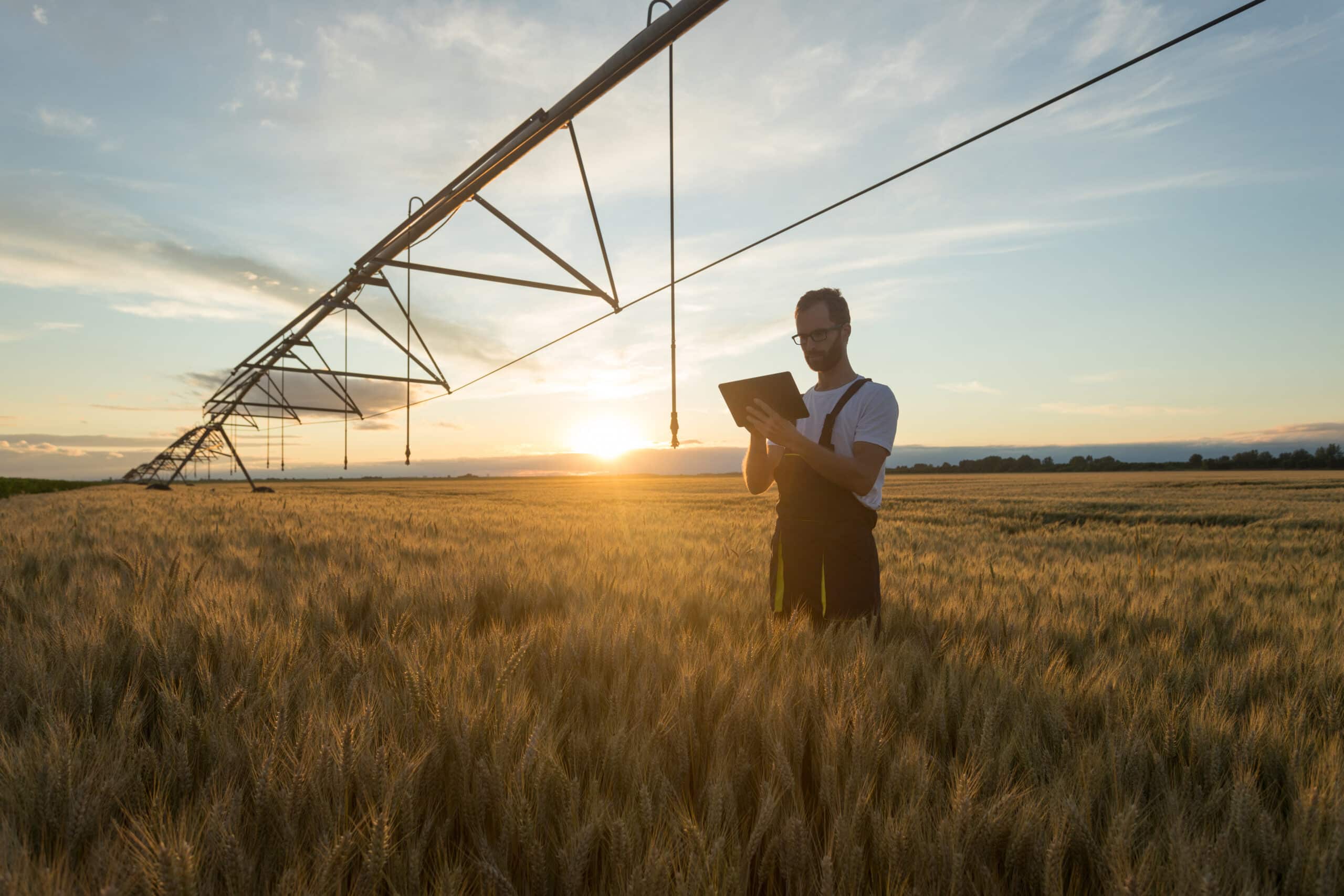In South Africa, agriculture uses almost 60% of available water resources. 70% of the world’s water freshwater withdrawals go into agriculture. Water shortages have a major impact on food security, because communities cannot get water to take care of crops and livestock.
The depletion of water availability in the soil creates a large decline in crop yield and livestock productivity. Furthermore, surface and groundwater supplies decline during drought, affecting water availability and high costs to secure water for crop or irrigation and watering livestock.
In order to sustain operations, a minimum water supply of 19 liters per minute (lpm), without storage is required to adequately supply fresh water to a farm estate with the home and livestock included. Sprinkler irrigating cropland requires water supply rates as high as 39 lpm per acre, while drip irrigation requires 14 to 27 lpm per acre.
Scientists stress that farmers will have to double their current water use or produce more with the water available, to meet rapidly rising food demands by 2050. Irrigation supports about 25-30% of South Africa’s national agricultural produce. It has been established that irrigation makes up for up to 90% of the production of high-value crops (including potatoes, vegetables and fruit) and 25-40% of the production of industrial crops (including sugarcane and cotton). [WRC]
With the MABR technology you can obtain high-quality water suitable for irrigation. This simple, low-maintenance, low Opex and energy efficient system provides a modular, yet robust solution for farmers. Let us bring your next project to life and become water resilient with our seamless processes and proven technology.

